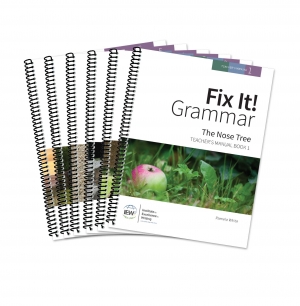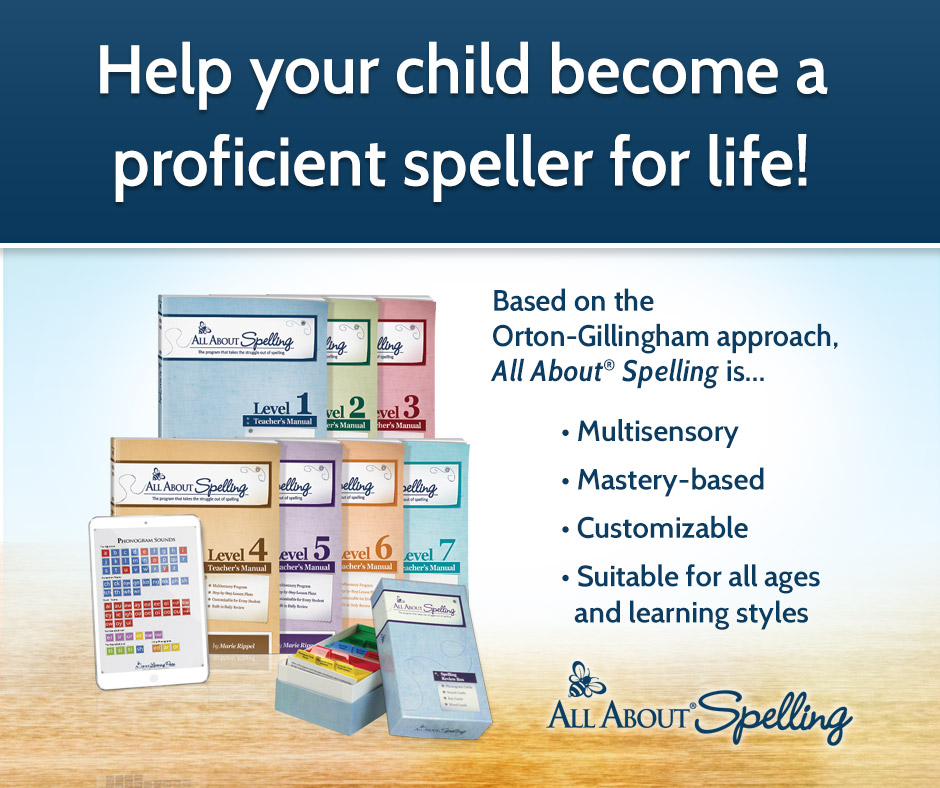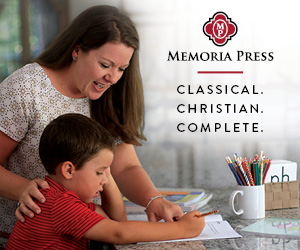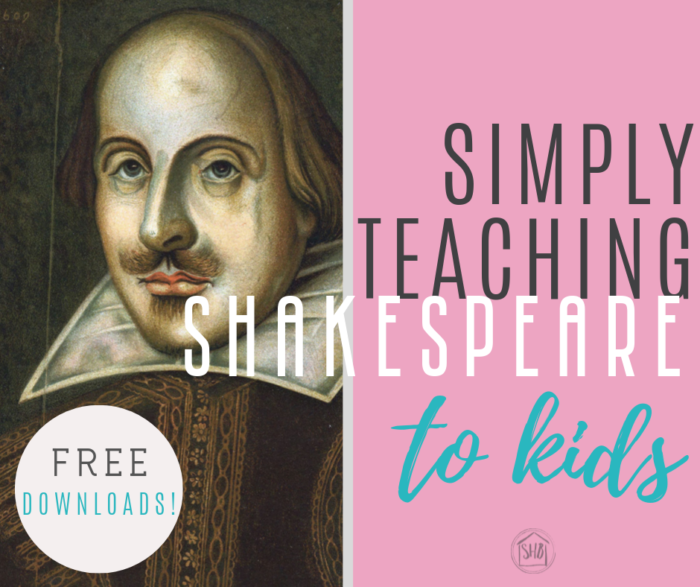
Intimidating. That is the one word that describes teaching Shakespeare to kids. At least for me. The language…the rhythm…the adult subject matter. “How in the world can we even approach this?” I asked myself this question a lot before I started teaching Shakespeare.
Encouraged by a podcast I listened to a few years ago, I knew it was a possibility. And I knew I would love to share Shakespeare with my kids. I shook off the intimidation and the insecurities and did as we have always done on this homeschooling journey: we simply jumped in.
The waters, it turned out, were just fine.
Since we use a Classical and Charlotte Mason approach in our homeschool, I applied my mix of the tools associated with these two methods and we are enjoying Shakespeare together. Somehow, we have fallen in love with the language of Shakespeare in our home. And when we start actually reading the plays themselves next year, we will not be intimidated.
I am sure many, many articles have already been written about how to teach Shakespeare to kids. A book comes to mind, as well. But sometimes it helps more to see the real-deal “this is what we do and how we do it” stuff. Allow me to divulge our process for teaching Shakespeare to Kids with minimal whining and complaining.
Context
Giving our students context for Shakespeare study is simple for us. We are members of a Classical Conversations community and have a history sentence in our memory work that talks (extremely briefly) about Shakespeare. I have found this quick connection is all the context my kids need to jump into Shakespeare study.
We also have two books about Shakespeare (this one is by an author we really enjoy) in our stacks for more in-depth context. I don’t worry a lot about teaching who Shakespeare was and why he is important. I am focused more on experiencing Shakespeare with my students and letting them realize the beauty of the Bard for themselves.
As we find references to Shakespeare in our history studies, we always pause to notice how he fits into the timeline. This is done in a super simple and natural way. Typically, I will say something like, “Oh, Shakespeare, we know him!” This creates space for a quick conversation or reciting of our memory work that relates to him.
Memorization
This is my absolute favorite part of Shakespeare study! I simply love starting with memorization. Although the context is important, once the groundwork is laid, I do not go over who Shakespeare is and why he is important every time we study a new play. I simply add memory work to the schedule and let the students tell me when they are ready to learn it.
When I put a new play on the schedule, my students are eager to get started memorizing. I pick selections from each play that I think will appeal to my students. Often the passages are very famous. For Romeo and Juliet, we memorized the iconic introduction. And for The Tempest, we worked on something super-melodic.
Memorizing Shakespeare with Kids
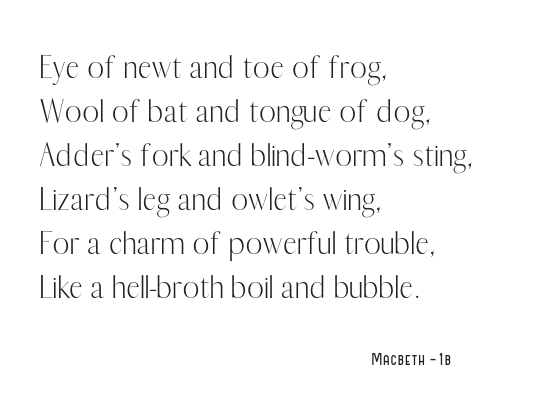
Memorizing Shakespeare is a simple process for us. I grab my cheat-sheets and we begin. Here’s the process:
- Say title and author
- Read the whole passage to be memorized
- Divide the passage into smaller chunks.
- Walk through all the phrases in the first small chunk, defining words as we go.
- Do repetition (repeat after me) 2-3x. I divide the chunks into phrases, working one card at a time.
- Do every other (it is sort of like “popcorn” for memory work, we trade words) 2-3x.
- Ask if we are ready to say it by ourselves.
That is the process for the first day we introduce a new Shakespeare passage to be memorized. The next day we are scheduled to memorize Shakespeare, we just keep working this way until we have the first section memorized. Then we move onto the next. Sometimes this takes a few days; other times it can be accomplished in a day.
One caveat here that may or may not be a blessing in your home: I do not allow my students to read or see the cards before they have begun memorizing the passage. I do this with most of our poetry memory work and it works for us. My first student has been a proficient reader from the beginning, but she is stretched and does not pick up mispronunciations when she is simply listening.
When Memorizing Shakespeare is HARD!
I would like to think I am aware of the difficulty involved in teaching kids to memorize Shakespeare. And I am not shy with my kids about harder passages. When we got to Cymbeline with my second grader, I told her the passage was HARD! But I told her we would work through it together and I was confident she would be able to do it. She did work through it and she did memorize it!
When memorizing Shakespeare is hard, I don’t sugarcoat it. I do, however, add a few more tricks into the mix. Avoiding telling the entire line of a passage, I ask some questions to help jog the memory of my student. Here’s some examples of the questions I ask:
- What does the passage start with?
- What rhymes with that word in the passage?
- Is there a pattern of language here?
- What is the “big idea” of this line?
Often, I have noticed my students are able to remember the gist of a particular line, but they are afraid to get the words wrong. This can stop them in their tracks and can create a not so fun atmosphere for memorization. These questions help them to realize that they know more than they think they do. Stringing together what they know with what is vague in their memory helps them figure it out. And it is wonderful problem solving practice for them!
Expectations
Contrary to what I have laid out here, I truly do not have major expectations for my kids. Our memorization process is FUN! And it looks more relaxed than the procedures above imply. Everything looks more complicated when it is broken down into steps.
I do not expect my kids to memorize passages of Shakespeare the first or second time they hear it. However, I do expect them to stay engaged through the process. Effort is what I am looking for. The efforts of each short session of Shakespeare memorization build into an understanding that leads to memorization. It takes time!
By the way, I cannot tell you how many times JOY is the expression of my students when they finally DO memorize Shakespeare. The spark in their eyes when they accomplish that hard thing through hard work is priceless. Hugs and smiles are always welcome in our homeschool, especially when we are celebrating learning!
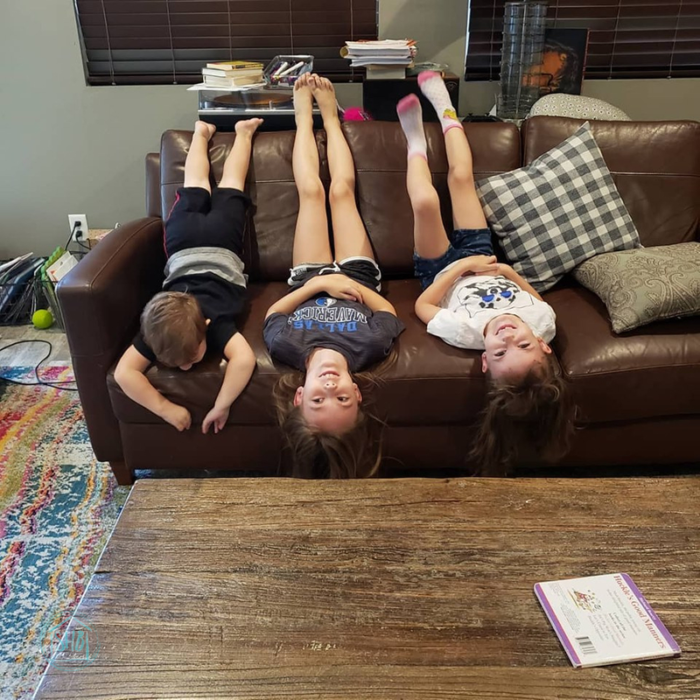
The Next Step
We loosely follow the curriculum created by Ambleside Online. We are not dogmatic about it, but I do love the structure and the reading lists they have. Thus, in the early years of elementary, we do not “read” Shakespeare, per se. After we have memorized a passage (or two) from our current play, we read a retelling of it.
Our favorite Shakespeare stories books are:
The most complete collection of retellings of Shakespeare’s many plays. It is a bit more advanced in language, so taking breaks to narrate and catch up is helpful. We typically will read a Shakespeare story from the Lambs in 2-3 sittings.
A more moderate collection of Shakespeare stories, Packer’s version is beautifully illustrated but includes only a handful of Shakespeare’s plays. Thankfully, they are many of the ones included in the AO curriculum for years 1-3.
We read aloud the stories. I am a HUGE fan of reading aloud to my kids and get sad when I think of the days when they will not let me read to them anymore. Our Charlotte Mason approach to homeschooling encourages narration as a way of expressing reading/listening comprehension.
Contrary to some notions of the conflict between Classical and Charlotte Mason, I believe CM offers opportunity to practice the poll-parrot NAMES skills of Classical education (Naming, Attending, Memorizing, Expressing, and Storytelling). The way we come to Shakespeare is a balance of these ideas.
Experiencing Shakespeare – The Last Step
The hardest of all the steps for the early elementary set is experiencing Shakespeare. It is complicated by modern “re-tellings” with updates to fit today’s culture or movie versions that have a bit too much emphasis on the sensual.
I have looked very carefully for movie versions of Shakespeare’s plays on Amazon Prime and Netflix. And it is really difficult to find that perfect level of appropriate for early elementary and engaging. At present, there are two versions at top of mind that are worthy of watching with early elementary students:
- A Midsummer Night’s Dream (warning: mild nudity in one part) and
- The Comedy of Errors (warning: super cheesy!)
When we are able to watch a video version of one of Shakespeare’s plays, we turn on the closed captioning, so the actors are easier to understand. I will add to this list as I find appropriate productions.
Stage Productions
I have had even less success in finding stage productions of Shakespeare that do not reassign genders to main characters, thus changing the nature of the romances in the plays. However, my paltry positive results have not deterred me from continuing to seek out stage productions in my area.
We were handsomely rewarded recently by my diligence in searching out a stage production for The Comedy of Errors. Was the production perfect? No. Were there still some objectionable things in the play? Yes. Do I think it negatively affected my 2nd grader? Not at all. She LOVED it!
She followed along and even was the only participant in the audience participation portion of the play in the last act. Her attention and participation was even noted from the stage by various cast members – she was positively beaming! We talked about it for weeks. She talked about being able to be in Shakespeare plays when she is older because she already knows she can memorize it and understand it. In a word, it was: WONDERFUL!!
Resources for Shakespeare Study
Our kids are not intimidated in the least by Shakespeare! That is success – in my book. The delight we have in our Shakespeare time is precious to me. I hope this post has been helpful to you and will encourage you to introduce Shakespeare in a similar fashion in your homeschool.
I have created simple Shakespeare cards with quotes for each play we have studied. Since I have them sitting on my computer, I figured I would share them with you. If you would like to have approachable Shakespeare passages to memorize with your kids, you can get them in our Shop.





